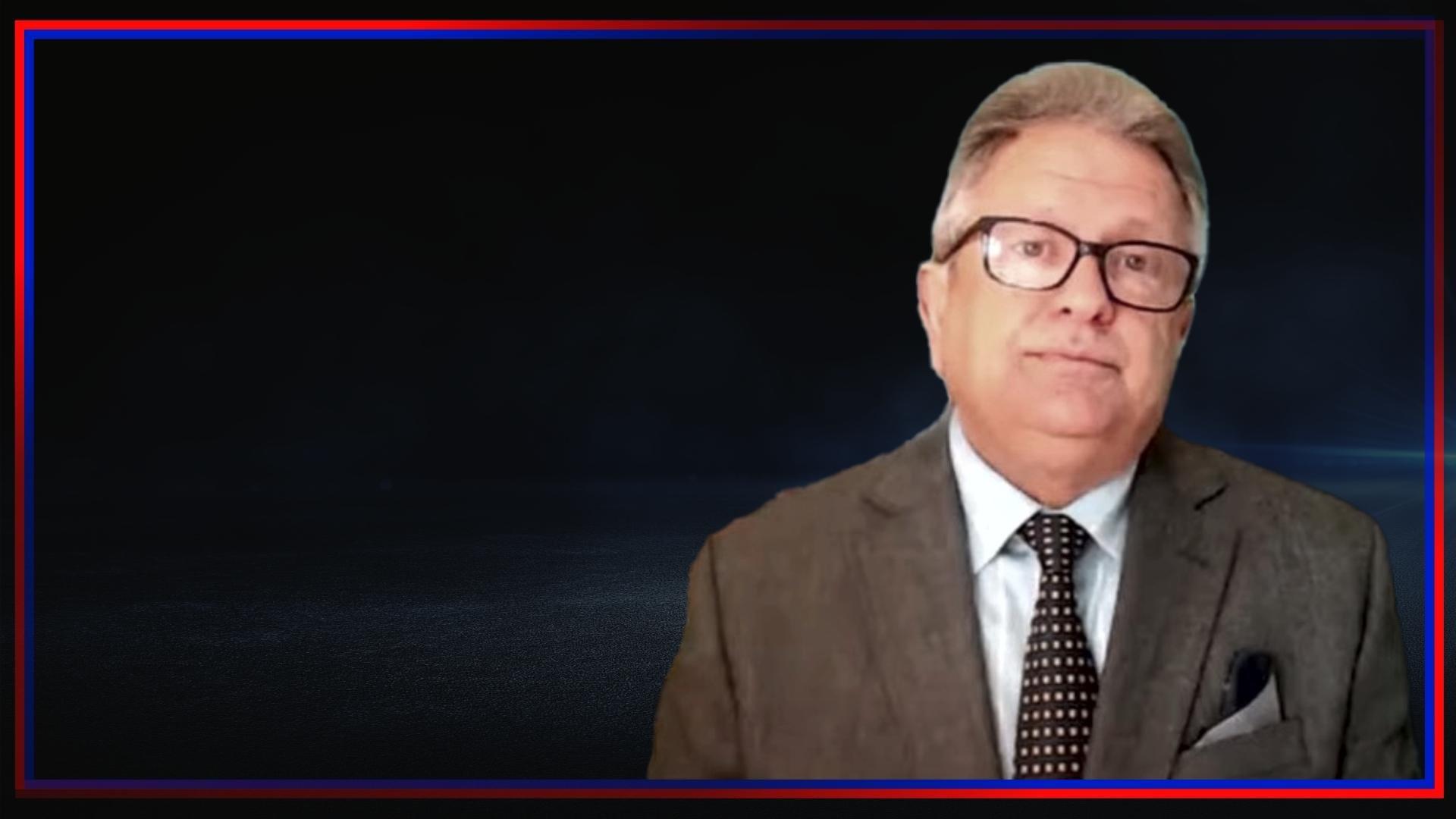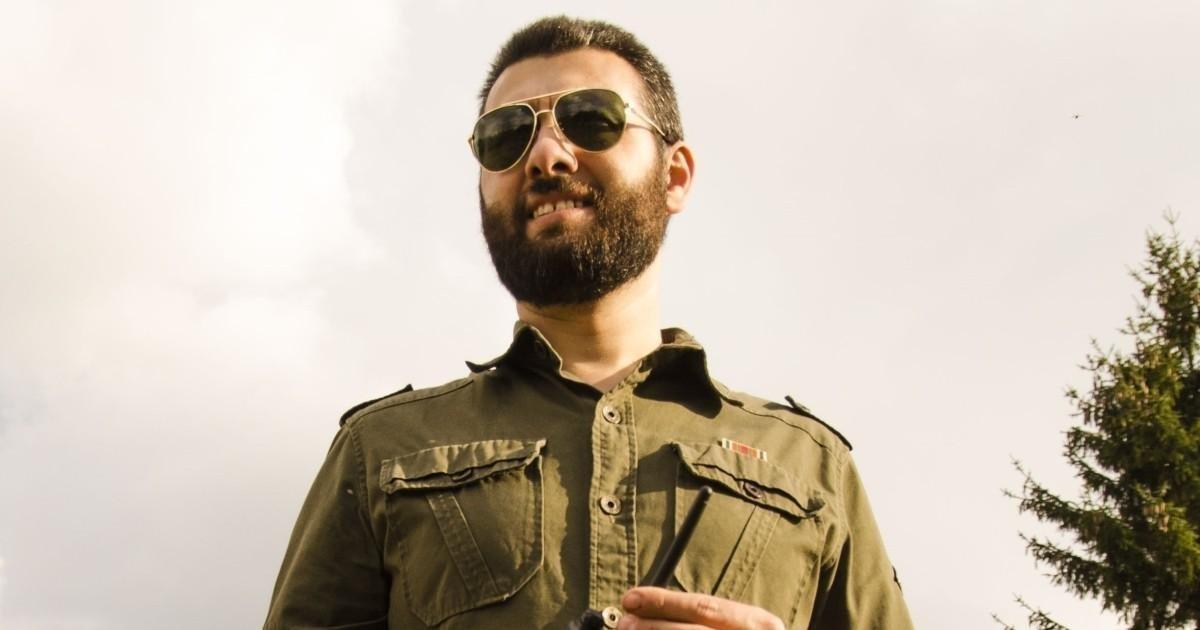Despite acquiring weapons, Armenia lacks capabilities and strength to use them Caliber.Az talks to Goligorsky and Levin
The ball is in Armenia's court, but it's hard to say how Pashinyan will behave. This is a good description of the situation in the dialogue between Baku and Yerevan. Everything else depends largely on the unpredictable behaviour of the Armenian prime minister. He is ready to make promises, but even more ready not to keep them. This time too, Pashinyan himself has offered to make constitutional changes to ensure that peace with Azerbaijan is real and lasting, not a slide into war.
But does Pashinyan have the political will to be true to his word? Or are we once again faced with yet another game played by the Armenian prime minister to delay the negotiation process for as long as possible? This is especially true in the context of the ongoing revanchist mood in Armenia, the militarisation of the country by third powers, especially France and India, and the West's attempts to influence the region through Armenia. Caliber.Az asked foreign experts to take these questions.

According to Yuri Goligorsky, a British journalist, former chief editor of the BBC World Service broadcasting to the region of the former USSR, and political expert, both states are virtually "doomed" to peace. Abandoning this path would condemn them to endless wars and paralysis.
"This conflict is not only a tragedy for the two nations but also a problem for many of your neighbours. The greatest economic and geostrategic potential lies in your region. Both Armenia and Azerbaijan have 'brains'. Azerbaijanis and Armenians have proved it many times in different parts of the world. It is time to prove it at home. I'm no physiognomist, but the meetings between Pashinyan and Aliyev give me the impression that both leaders are aware of the futility of war and the potential benefits of peace. Every meeting confirms the correctness of my feelings. Otherwise, they would not have met.
Concerning Pashinyan in particular, I have the impression that today he is practically the only Armenian leader of the recent past who can lead the negotiations to real peace. But he has a mountain of problems ahead of him, which limits Pashinyan's actions. We hope that he will be able to cope with this mission," noted Goligorsky.

According to Israeli military analyst Yigal Levin, the rules of the game today mean that any state must have a strong army unless they want to be a passive participant in certain political processes. It is therefore understandable that Armenia would want to flex its muscles.
"But when it comes to Armenia's recent military contracts to receive weapons from France and India, it seems to me that this is not because Armenia, and Pashinyan in particular, is looking for war or peace. It is Yerevan's cautious attempts to get rid of Russian influence and get patronised by the West. The fact is that defence contracts are signed years in advance. Howitzers or tanks are not goods that can be bought like vegetables in one market today and then moved to another market tomorrow to buy something better. Defence cooperation is a complex cooperation. It is a whole chain of interactions. Armenia understands this. It also understands that Russia is not a military partner that can currently satisfy all Armenia's demands," Levin said.
Armenia, he believes, is envying the long-standing military cooperation between Azerbaijan and Israel and, as often happens with the loser, is trying to adopt some of the winning behaviour. One such pattern is Armenia's focus on the need for long-term alliances and contracts with countries other than Russia.
"However, it seems to me that Pashinyan is now trying to arm himself and compensate for the lack of weapons the country had after the defeat in the 44-day war. But it is not about fighting with these weapons. In my opinion, there is a clear understanding in Armenia that they do not have the strength and capabilities to do so - not today, not tomorrow, and not the day after tomorrow. That is why Armenia and Pashinyan now have no choice but to work towards a peaceful resolution of all issues with Azerbaijan. There are no other alternatives here, and they are hard to foresee," Levin concluded.








